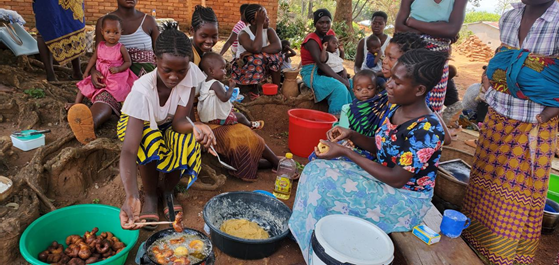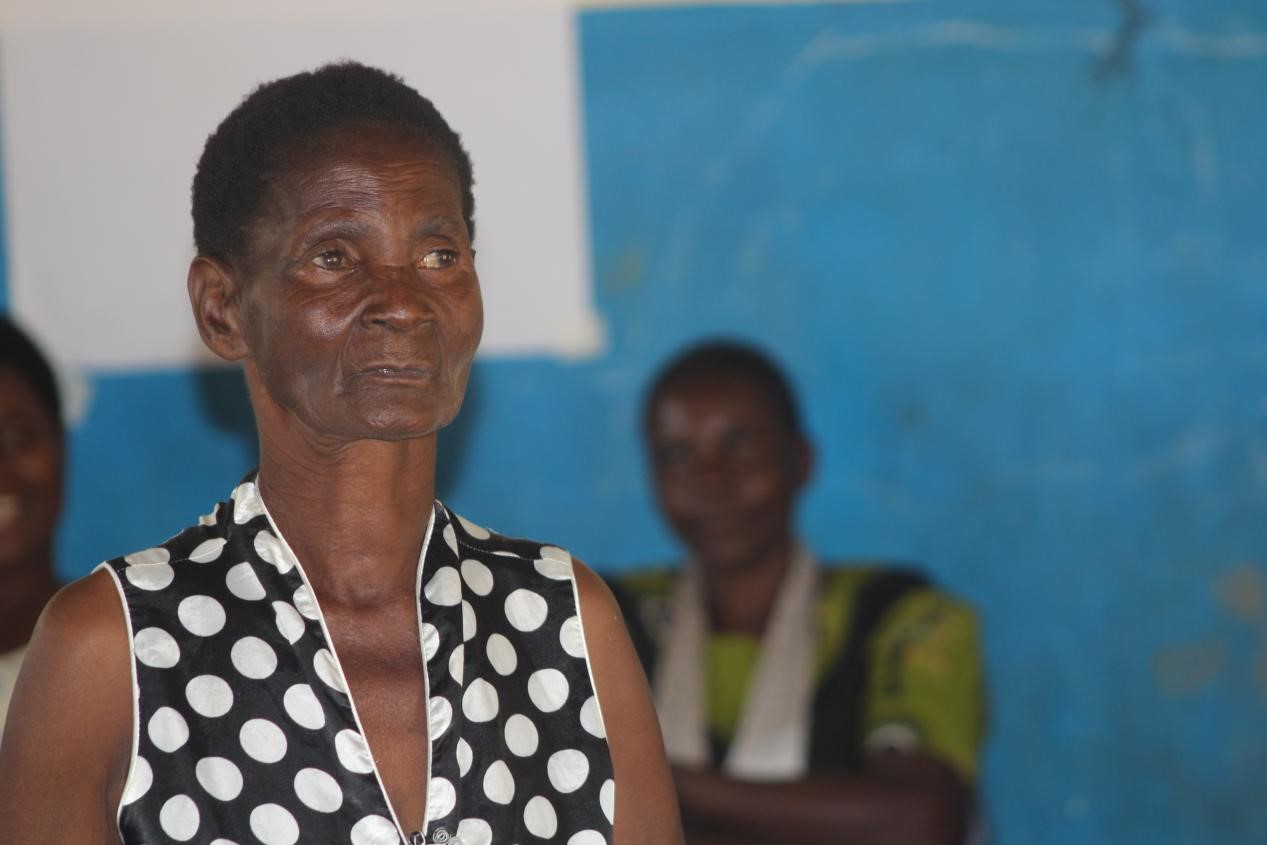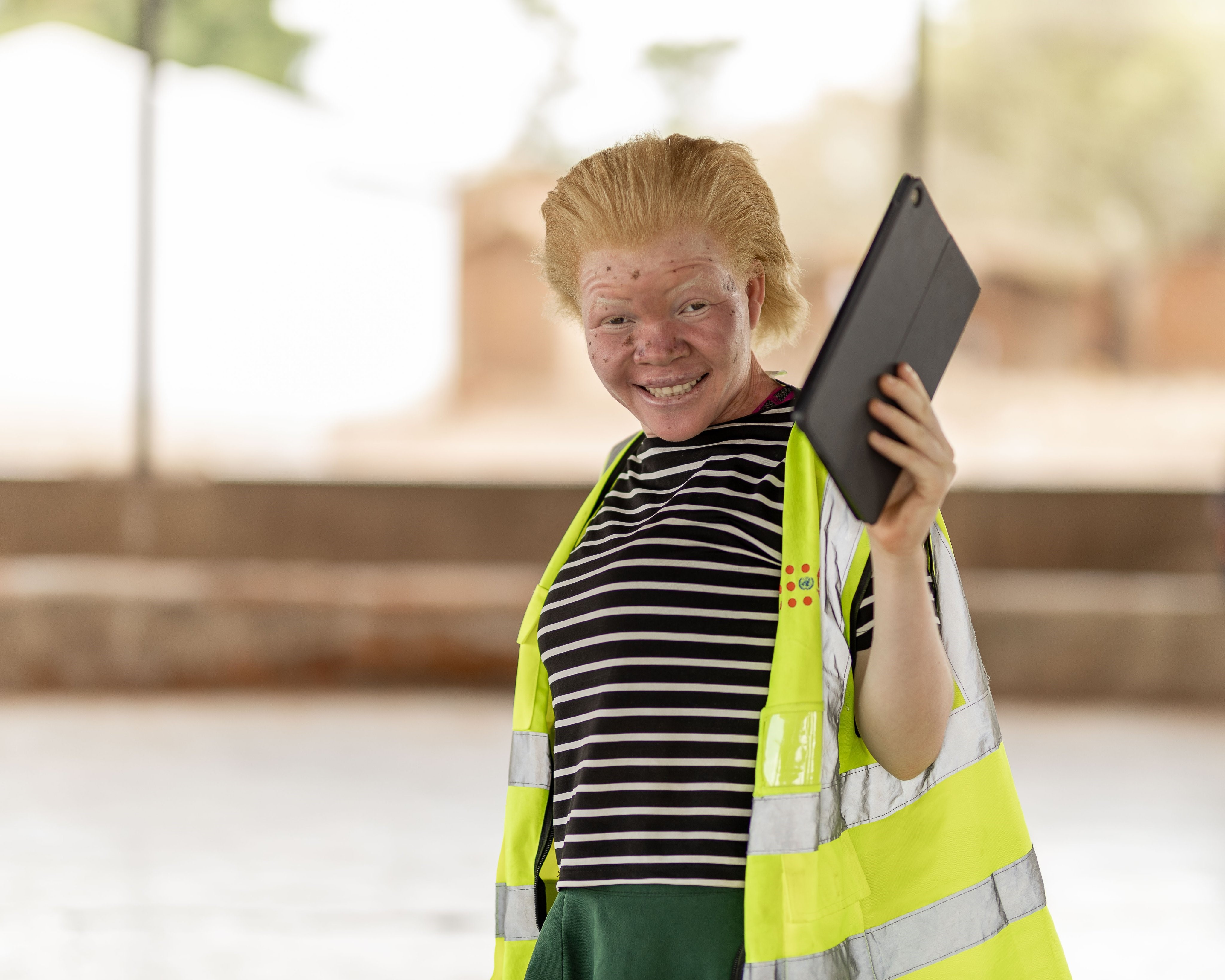
Foundation for Civic Education and Social Empowerment (FOCESE) is celebrating women's day with compassion for the great work women do in the communities to uphold the livelihoods of their families. FOCESE is implementing a project titled "Improved Food and nutrition Security and Resilience of the vulnerable women of reproductive age through sustainable livelihood interventions" in Nsanje district. The project is empowering women through nutrition education by promoting consumption of diversified foods, promoting integrated homestead farming, promoting women towards practicing climate smart agriculture and positive hygienic practices. By improving nutrition status of women of reproductive age, the organization will contribute towards ending malnutrition in Nsanje district. Women have been trained on integrated homestead farming so that they should have the knowledge on how to produce foods that make up the six food groups. Women have been taught on how to establish standard backyard gardens to easily produce readily available vegetables, they have also been taught on how to construct standard housing for small stock animals like chickens, ducks and goats just to mention a few. In addition to that, they received fruit tree seedlings which are banana suckers, mangoes and pawpaws for easy access of fruits. We had the opportunity to speak with Mary Sumana, a beneficiary of this nutrition education initiative, and she shared with us the positive impact it has had on her life. "Before, I didn't know the importance of eating a variety of foods. Now, I am able to grow my own vegetables and fruits and feed my family with nutritious meals every day," Mary also said, "I feel more empowered and I am able to make better choices for my family's health." Women, are also encouraged to practice mixed cropping to access cereals and legumes and supplement their diets. Another beneficiary, Agness, shared how climate smart agriculture has transformed her farming practices. "I used to struggle with low crop yields due to erratic weather patterns, but now with the knowledge I have gained during the training, I will be able to grow crops that are resistant to drought," said Agness. "I feel more confident in my ability to provide for my family". When all these food items are available in the communities, women are able to prepare food recipes that consist of all the six food groups. The project is also promoting positive hygienic practices (WASH) with the aim of minimizing the occurrence of diseases associated with poor hygienic practices such as cholera. Project participants are encouraged to have WASH facilities such as standard toilets, hand washing facilities, waste disposal pits, dish racks and cloth lines. In addition to this, one of the component of this project is women economic empowerment through Village Savings Loans Association (VSLA) where women are able to save and get money to invest in various businesses that is able to sustain their livelihoods. FOCESE believes that when a woman is targeted, the whole household has been reached since women are primary care givers. As such, the women who have been trained under this project have managed to improve in consumption of diversified foods. In addition to that, there has been a positive impact on other women who are not part of the beneficiaries that they have been influenced to practice food diversification and also construct backyard gardens and also WASH facilities.


